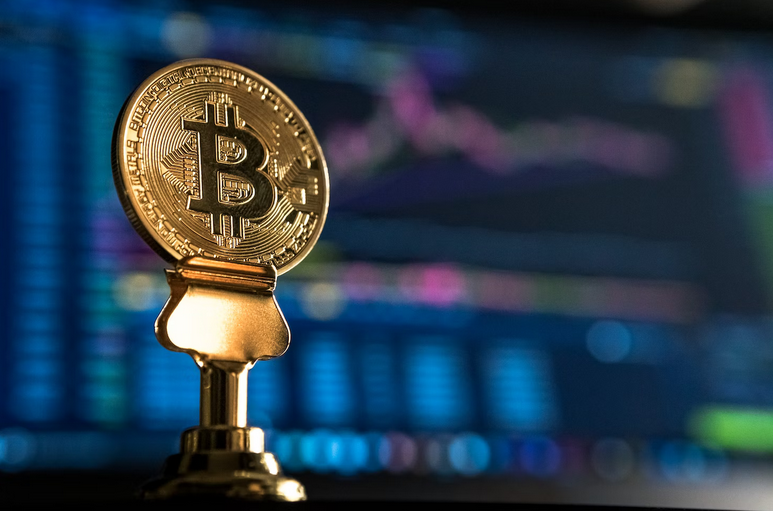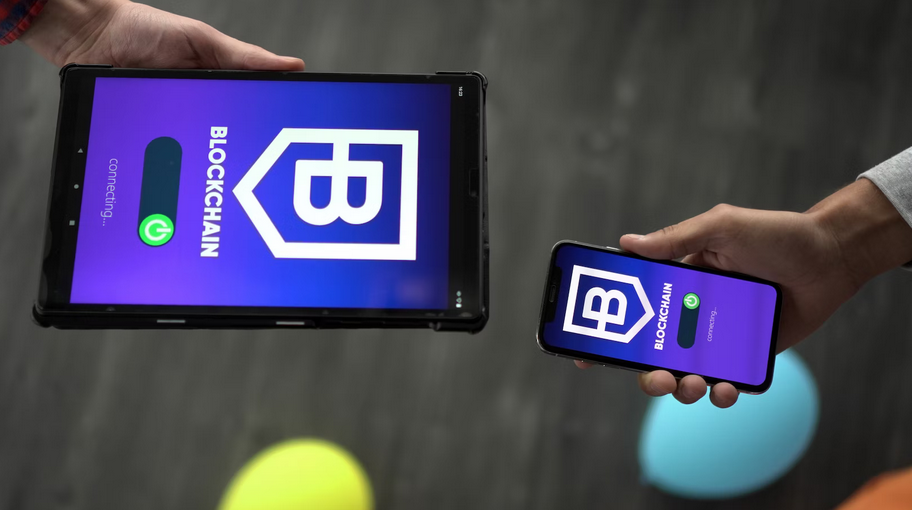Demystifying Blockchain Development: A Comprehensive Guide for Beginners
In a world driven by innovation, blockchain technology has emerged as a transformative force, promising to disrupt industries, enhance security, and redefine how we transact and store data. If you’re a new solidity developer, you might have heard terms like smart contracts, decentralized applications, and consensus algorithms. Don’t worry; we’re here to demystify blockchain development and provide you with a comprehensive guide to get started on this exciting journey.
What Is Blockchain Development?

Blockchain development is the process of creating decentralized applications (DApps), smart contracts, and other blockchain-related solutions. These applications run on a decentralized network of computers (nodes) that collaborate to validate transactions and secure data. The blockchain acts as a tamper-proof ledger, recording transactions in a transparent and immutable manner.
Getting Started With Blockchain Development
The most important tool you need to get started as a blockchain developer is understanding the fundamentals. This means studying cryptography, distributed systems, and consensus algorithms, among other topics. You should also have a strong grasp of smart contract development and be comfortable programming in languages like Solidity or GoLang.
Once you’ve got the basics down, it’s time to choose a platform that best fits your needs. Ethereum is the most popular choice for DApps, offering the highest degree of scalability and flexibility. When it comes to actually developing blockchain solutions, you’ll need a comprehensive development environment that includes an integrated development environment (IDE), a blockchain emulator, and automated testing tools. This will help you quickly prototype applications and test them in different scenarios.
Benefits of Blockchain Development

The advantages of blockchain technology are numerous, making it a promising solution for various industries. The most significant benefit is the enhanced security of decentralization; since there is no centralized authority, data is much more secure and difficult to tamper with. Additionally, blockchain technology offers enhanced speed and efficiency when compared to traditional systems due to its ability to quickly validate transactions.
Finally, blockchain development also makes use of digital tokens or cryptocurrencies that can be used as a form of payment for goods and services. This eliminates the need for third-party processing and provides more flexibility when it comes to transactions.
Blockchain technology is poised to revolutionize transacting, storing data, and transferring value. This presents a unique opportunity for developers to create innovative and secure applications that can help solve some of the world’s most pressing problems. With enough knowledge and the right tools, you can participate in this revolution and help shape the future.


